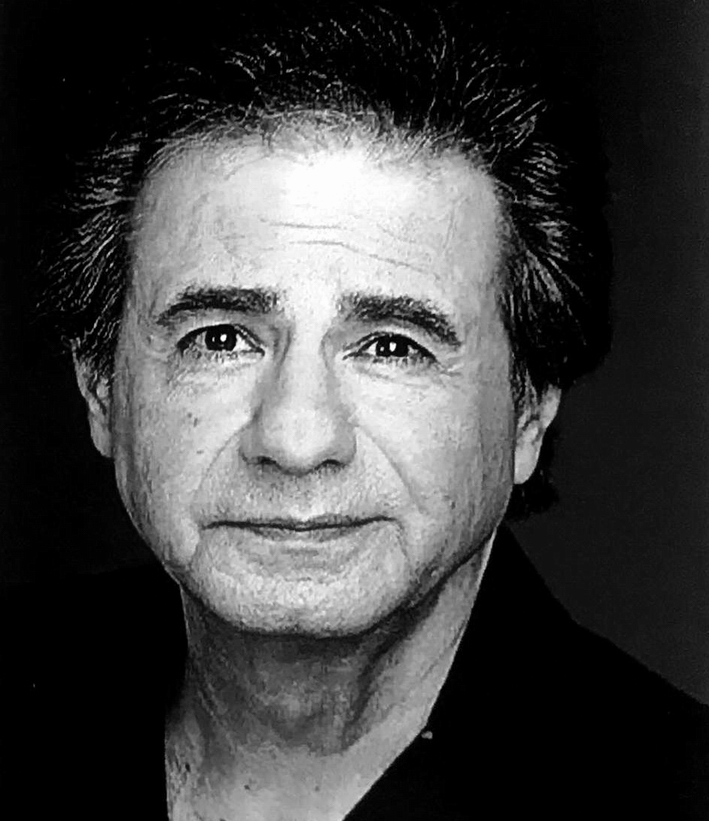| Aref
 |
Birth name
Aref Arefkia
Date of Birth
10 August 1940, Tehran, Iran
Aref Arefkia (August 10, 1940, Tehran, Iran)
Aref Arefkia, known by the mononym Aref (born August 10, 1940) is an Iranian pop music singer and former actor. He is known as "The king of hearts" and "The Legend of pop" in Iran.
He graduated from the Tehran Industrial School of Art in 1958. Before starting his career as a singer, Aref worked as a teacher at Qazvin industrial school of Art for two years, but the truth is that he has been singing since he was 12 years old.
In the 1960s, Aref introduced a new wave of romantic styles to the large spectrum of romantic Persian music. After the Islamic revolution Aref left Iran and went to London and Los Angeles. He has one son and four daughters.
His first hit was "Daryacheye Noor", which is still popular among all Iranians. Aref and his family left Iran in 1979, following the Islamic Revolution. He first lived in London, England, for three years, then moved to Los Angeles, United States.
A number of songs: I present you (August 2018), that's Enough (June 2018), Peshmerga (February 2017), who better than you (November 2016), Love (July 2016), Bagh-e Darya (February 2016), Mondgar (December 2015), Don't Cry (January 1, 2015), Song of Nostalgia (June 2014), Love (May 19, 2014), Storm (October 1, 2013), Aramesh (2012), If you're not (with Reza Naderi- 2011), Stars, Fire (2007), Persian Gulf.
Song Style: In the past, Aref's work was known among music pursuers as "Aref style.". The process of shaping this style was as follows: In the mid-1940s, songs were performed as ballads with Arabic themes, mostly needles and gloomy. The course was attended by singers Qasim Jebeli, Manouchehr Shafiee, Alfred Lazarian and Houshang Shokati. Some poets and translators translated the lyrics of the European song "Wow to Wow". Hamid Ghanbari and Jamshid Sheibani were among the first to perform the translated lyrics with the same original song. This style was pop, but it was not Iranian. In the early 1950s, love songs were performed with Western orchestration and Persian theology. This style of song was presented to the public by Mohammad Noori, Vigen and Manouchehr Sakhaei.
When Aref started his career, Viguen was referred to as the "founder of pop music". He created a "Aref style" by adding Iranian melodies and musical instruments to the previous style.
Success and awards
Aref received many awards, including the Highest Cultural Imperial Medallion from the Shah, Mohammad Reza Pahlavi, for singing at the Asian Games of 1974 in Iran. In this concert with Tehran's Philharmonic Orchestra, Aref sang in front of 100,000 Iranians and in the presence of many international state officials and dignitaries.
Aref performed his first concert outside of Iran in New York City in Madison Square to commemorate the 200th anniversary of American Independence.
His success continued well into the mid-1970s. In a survey by Javanan Magazine, Aref and Googoosh were chosen as "Most Famous Pop Icon" of the year, nine years in a row.
Zan-e Rooz magazine chose Aref as Man of the Year from a large group of politicians, singers and actors.
Filmography
Aref was also a popular singer for movie soundtracks (about 60 movies). His songs were heard in numerous Iranian films of the 1960s and early 1970s among which Gholam Jandarm, Soltane Ghalbha, Ghesseh-e Shab, Yaghout-e 3 Chashm, Dalahoo and Gharibeh are the most famous. He also appeared in six different musical films:
1. Ezdevaj e Irani (1966)
2. EshghAfarin (1967)
3. Saaghi (1968)
4. Ayene e Zaman (1968)
5. Ghorboon e Harchi Khoshgele (1971)
6. Bezan Berim (1974)
Selected works of
Aref
|

